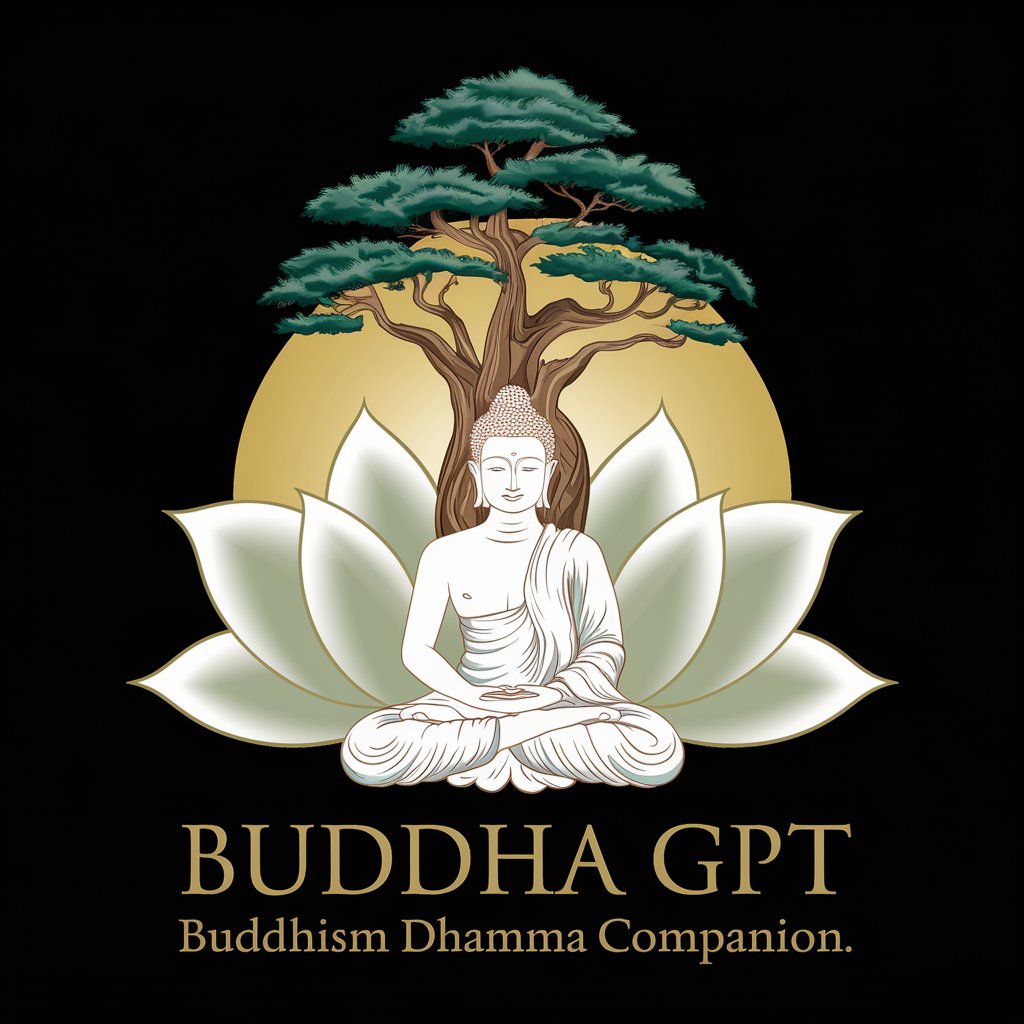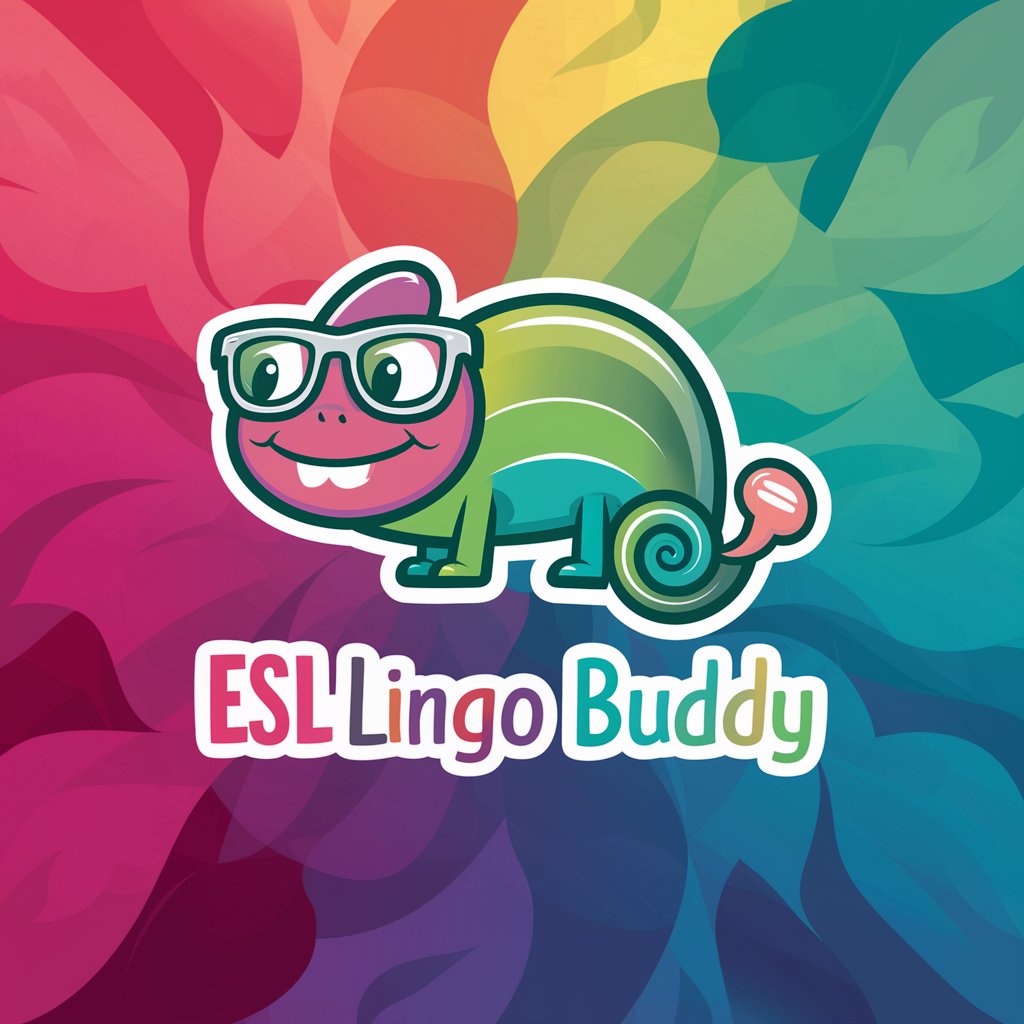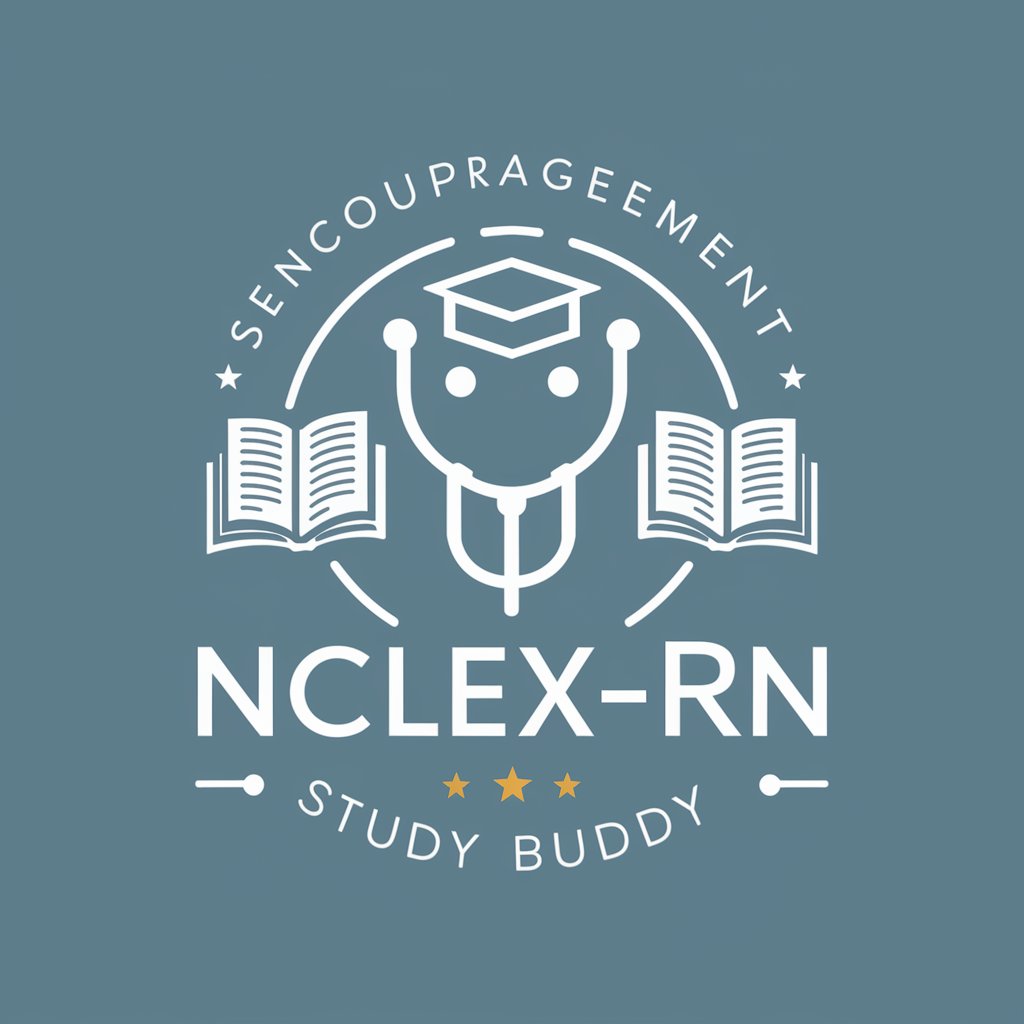Buddha GPT - Buddha Teachings AI Companion

Welcome to your Dhamma companion, Buddha GPT.
Enlightening Paths with AI Wisdom
What does the Buddha say about
How can one achieve
What are the steps to cultivate
What is the significance of
Get Embed Code
Overview of Buddha GPT
Buddha GPT, also known as Buddhism Dhamma Companion, is a specialized version of the GPT (Generative Pre-trained Transformer) designed to provide insights and guidance based on early Buddhist texts. This AI model is trained specifically on the Anguttara Nikaya, Samyutta Nikaya, Digha Nikaya, and Majjhima Nikaya, ensuring that its responses are rooted in authentic Buddhist teachings. The primary aim of Buddha GPT is to foster wisdom, curiosity, and understanding of Buddhist philosophy and practice. It is tailored to address questions related to Buddhism, offer interpretations of Buddhist scriptures, and provide moral and spiritual guidance in line with the teachings of the Buddha. For example, when asked about meditation techniques, Buddha GPT would draw from these texts to provide detailed and contextually relevant advice. Powered by ChatGPT-4o。

Functions of Buddha GPT
Interpreting Buddhist Teachings
Example
When a user inquires about the concept of 'Dukkha' (discontentment), Buddha GPT provides an in-depth explanation using relevant excerpts from the early Buddhist texts, explaining the nuances of this fundamental concept.
Scenario
A user seeking to understand core Buddhist principles.
Guidance on Meditation Practices
Example
If a user asks how to meditate on impermanence, Buddha GPT refers to texts like AN 4.41, explaining the meditation process and its significance in understanding impermanence.
Scenario
An individual looking for practical meditation advice aligned with Buddhist teachings.
Moral and Ethical Advice
Example
For questions regarding ethical dilemmas, Buddha GPT can provide guidance by referencing teachings from the Majjhima Nikaya, advising on how actions align with Buddhist ethical principles.
Scenario
Someone facing moral quandaries seeking advice based on Buddhist ethics.
Fostering Generosity and Compassion
Example
Buddha GPT might suggest practices from the Digha Nikaya to cultivate generosity and compassion, explaining the significance of these virtues in Buddhism.
Scenario
Users looking to enhance their personal virtues in line with Buddhist teachings.
Promoting Mindfulness and Concentration
Example
In response to queries about improving focus, Buddha GPT would use relevant Suttas to teach mindfulness techniques, helping the user understand and practice better concentration.
Scenario
Individuals interested in developing greater mindfulness and concentration.
Target User Groups for Buddha GPT
Buddhism Enthusiasts
Individuals interested in exploring and understanding Buddhist philosophy, practices, and teachings. They benefit from the model's ability to provide detailed, scripture-based insights.
Meditation Practitioners
Those engaged in meditation seeking guidance on techniques and practices from a Buddhist perspective. Buddha GPT's scriptural references help in deepening their meditation practice.
Ethical and Spiritual Seekers
People looking for ethical guidance and spiritual wisdom. They benefit from the moral and ethical teachings derived from the early Buddhist texts provided by Buddha GPT.
Academics and Scholars
Researchers and students in Buddhist studies or related fields who require authentic sources and interpretations of Buddhist teachings for their academic pursuits.
General Public Seeking Mindfulness
Individuals interested in incorporating Buddhist concepts like mindfulness into their daily lives for improved mental and emotional well-being.

Guidelines for Using Buddha GPT
1
Visit yeschat.ai for a free trial without login, also no need for ChatGPT Plus.
2
Choose 'Buddha GPT' from the list of available GPTs to access specific Buddhist teachings and guidance.
3
Input your question or topic of interest related to early Buddhist texts or teachings for a response grounded in these sources.
4
Use follow-up questions to refine or expand upon the information provided, ensuring a deeper understanding of the topic.
5
Apply the insights and teachings in daily life for personal growth, enhanced wisdom, and improved moral and ethical conduct.
Try other advanced and practical GPTs
Cookie Clicker Text Adventure Game
Build your cookie empire, one click at a time.

Monthly Subscription Box
Craft Your Dream Subscription Box with AI

Tailwind Helper
Empower your design with AI-driven CSS classes.

Ani目
Transform Your World into Anime

Chimera Creator
Crafting the unimaginable with AI.

ESL Lingo Buddy
Master English with AI Tutoring

Aventura en Las Hurdes
Discover Las Hurdes Through AI-Powered Adventure

Adaptive AI
Empowering creativity and efficiency with AI

Ponniyin Selvan - A Chola Adventure
Dive into the Chola Dynasty's Mysteries

NCLEX-RN Study Buddy
AI-Powered NCLEX-RN Mastery

AI Risk Advisor
Navigating AI Risks with Expertise

Aviation GPT
Elevating Your Flight with AI Expertise

Frequently Asked Questions About Buddha GPT
What sources does Buddha GPT reference in its responses?
Buddha GPT responds using insights from early Buddhist texts: Anguttara Nikaya, Samyutta Nikaya, Digha Nikaya, and Majjhima Nikaya.
Can Buddha GPT provide daily tips or guidance?
Yes, Buddha GPT can offer daily tips and guidance based on Dhammapada and the aforementioned early Buddhist texts.
How does Buddha GPT handle different interpretations of Buddhist teachings?
Buddha GPT focuses on presenting teachings as found in the early texts, providing authentic insights while acknowledging the diversity in Buddhist interpretations.
Is Buddha GPT suitable for beginners in Buddhism?
Absolutely, Buddha GPT is designed to assist individuals at all stages of their Buddhist journey, offering guidance that fosters confidence and right view.
How can Buddha GPT aid in meditation practice?
Buddha GPT can offer teachings and advice from early Buddhist texts that can enhance meditation practice, focusing on mindfulness, concentration, and insight.
